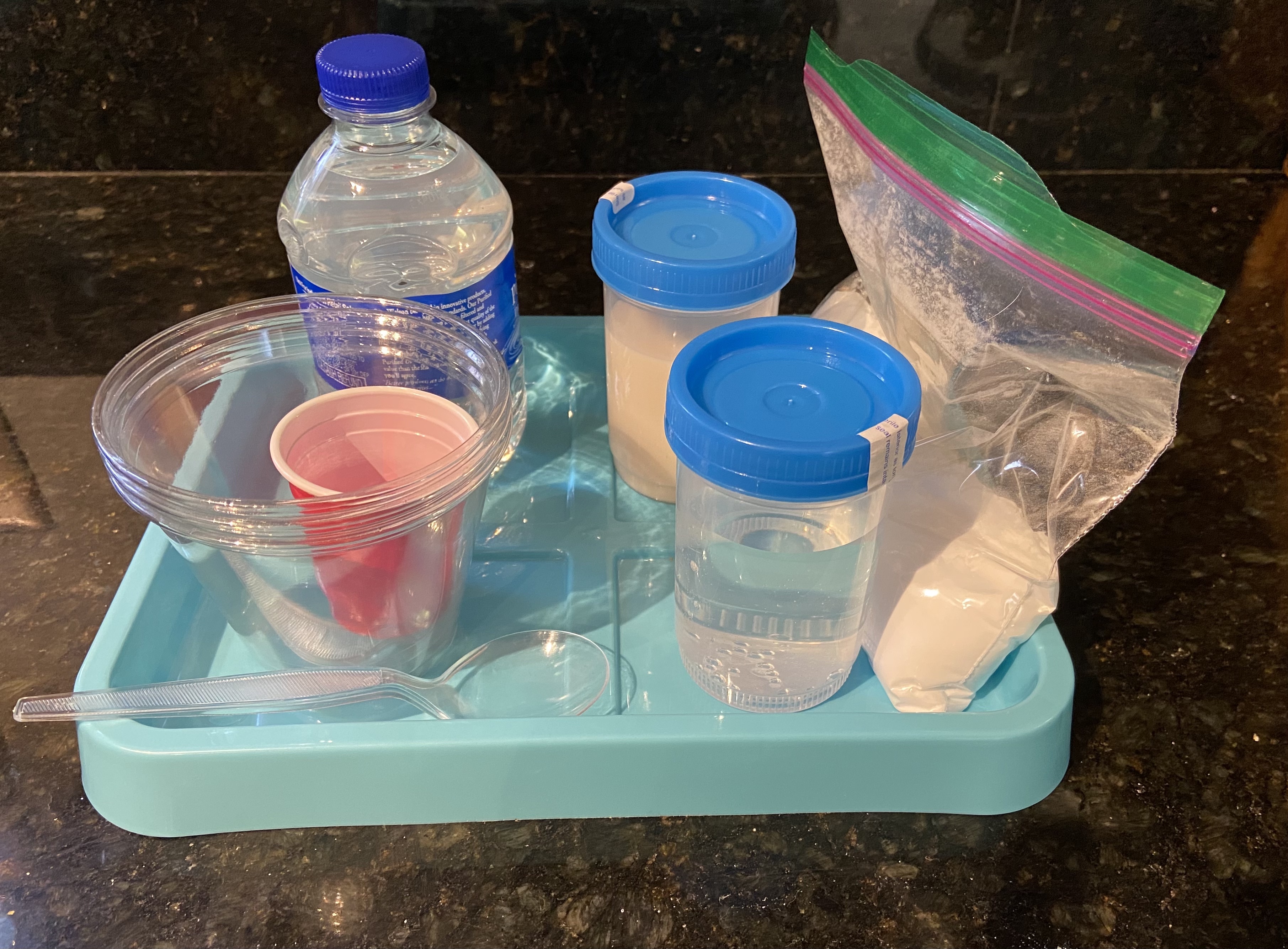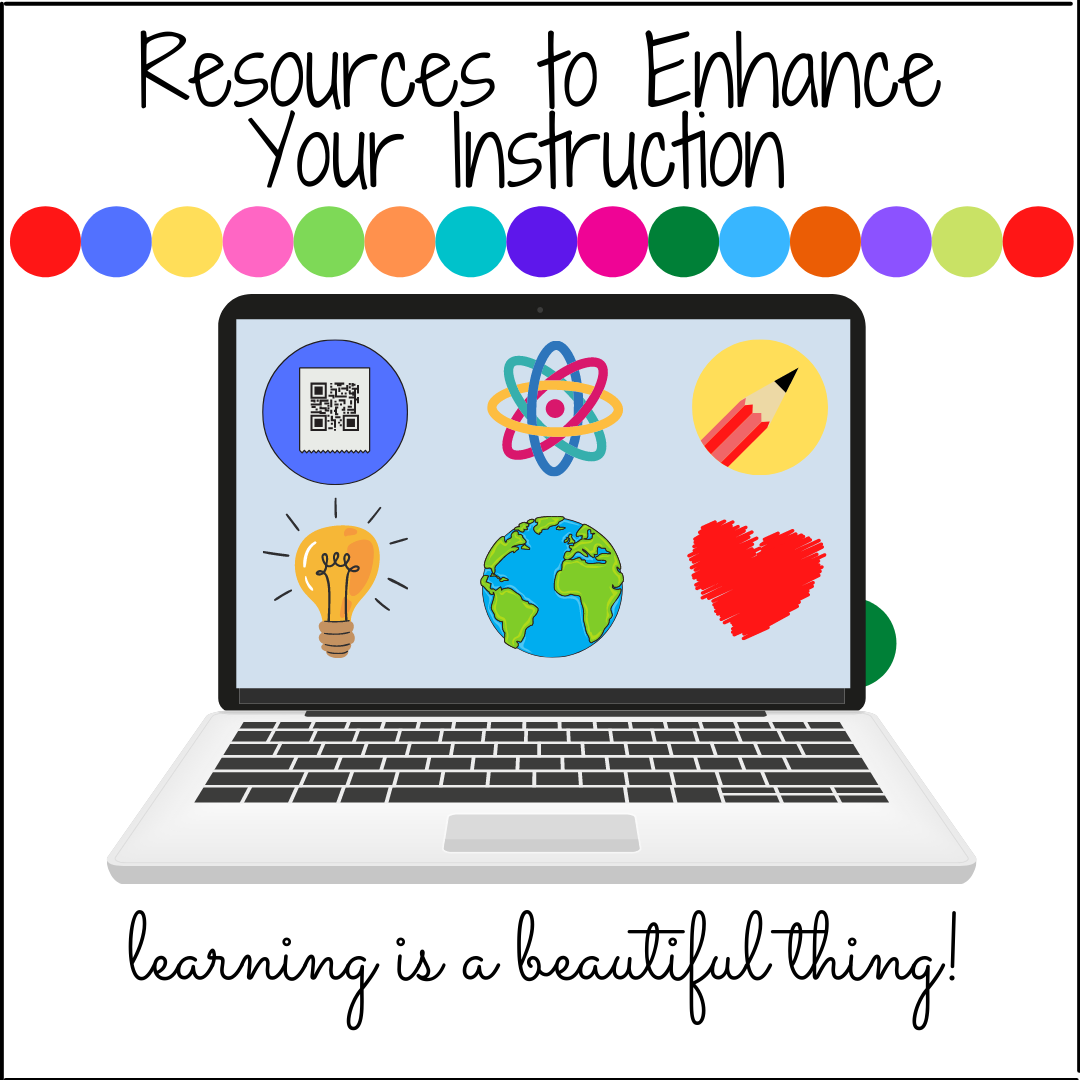Teaching can be stressful on any given day. Educators are faced with high demand and expectations, are overworked and underpaid, deal with an emphasis on test scores, administrative work, poor working conditions, classroom management, lack of resources, and let’s be honest; low social status. Here are a few things that help me through each school year.
Start the morning right. If you have a homeroom, greet students every morning at the door. This past year, I traveled but made it a point to take a few minutes to check in with my students before starting the lesson. There are many ways to greet students: high five (elbow to elbow during the pandemic), ask questions (about the game, tv show, dance recital…), or share a joke. Each morning start fresh. Reboot. Yesterday’s transgressions belong in the past.
You’ve got to have a sense of humor. Kids can be very funny (at the wrong moments), things will go wrong, you’ll screw up. Laugh it off.
Sometimes, you just need to regroup. You know those times when you are losing your students? That’s when I need to tune into the students’ interests and be adaptable. Chunk it up or save the lesson for another morning. Take a brain break or practice a breathing exercise. There are many online breathing apps available. Take a look at these examples: How to Destress Like a Navy Seal and Berkeley University Breathing Exercises. I like the easy to follow 4-4-4 Breathing Exercise.

Make connections. Try to email 2-3 families a week or send positive notes home. Find a template for a one-page class newsletter/flyer. It’s a great way to share upcoming events, class wish lists, quiz or test dates, or homework assignments. I like Canva, a graphic design platform offering free or paid accounts.
Form Professional Bonds. If this is your first year teaching or you’ve a new school assignment; seek out a mentor. Even seasoned teachers benefit from meeting regularly with other educators. It’s nice to have that teacher friend to help share duties, run copies for each other, or grade papers together.
Reflect. After a lesson or project take a few moments to determine what went well? What would you change up? Get student feedback (exit tickets, google forms…). Brainstorm ideas for improvement and then set goals. Leave your comfort zone. Don’t be afraid to experiment.
Declutter. Once student projects are graded or displayed; send the work home. Save space by digitizing specific projects as artifacts. Get rid of those cardboard xerox paper boxes. Store items in clear containers for quick access and so there are no guessing games.
Kindness. I am a firm believer that children should be shown and taught about kindness. Choose a class project of giving (local animal shelter, food pantry, clothing drive…). Write notes to community helpers, military, or nursing homes.
Go Home – Unplug. I know, teachers take a mountain of work home. But, may I make a suggestion to be attempted at least a few times per week? At the end of the day, clean up your desk. No matter how much you do after school, “things” will still be waiting for you tomorrow. Make a to-do list so you clear your mind. Set aside paperwork and technology (yes, set aside your mobile, too). Go home.
I’d love to hear what strategies you use to lessen stress. Until nest time, have a good week!




